US, allies use incorrect IAEA report to fault Iran's nuclear work
Western allies accuse Iran of engaging in nuclear activity that is "inconsistent" with its obligations under the Nuclear Non-Proliferation Treaty (NPT), using an incorrect International Atomic Energy Agency (IAEA) report as the basis of their claim.
Through the report, the IAEA, the United Nations' nuclear watchdog, had on Wednesday accused Iran of making an undeclared change to the interconnection between the two clusters of advanced machines enriching uranium at the country's Fordow nuclear facility.
The United States, the United Kingdom, France, and Germany seized on the opportunity on Friday to similarly accuse Iran of effecting an "unnotified change" to the devices that are installed at the facility.
The alleged change, they said "is inconsistent with Iran's obligations under its NPT-required Comprehensive Safeguards Agreement."
This is while, soon after the issuance of the report, Iran notified the IAEA of its mistaken nature as means of resolving the matter.
Contacting the agency on Thursday, Iran’s nuclear chief Mohammad Eslami lamented that the report had been produced based on a mistake made by an IAEA inspector during an unannounced visit to the site. "The agency’s position is regrettable," said Eslami, who heads the Atomic Energy Organization of Iran (AEOI), noting, "We immediately provided the [due] explanation [to the IAEA]…the agency’s inspector found out that they had made a mistake."
The Islamic Republic started enriching uranium to the purity level of 60% at Fordow in November, describing the move as a strong message to an earlier anti-Iran resolution, which had been initiated by Washington and the European troika and passed by the IAEA’s Board of Governors.
The resolution had criticized Iran for, what it called, a lack of cooperation with the agency, something that Tehran has invariably rejected as untrue.
Dec. 21: ‘Axis of Resistance’ operations against Israeli occupation
Spain jurists demand ties with Israel ties be cut
VIDEO | Press TV's news headlines
VIDEO | Iran honors top Science Olympiad medalists
VIDEO | Austrians arrested at Gaza protest in Vienna
10 killed in bus crash in western Iran
VIDEO | One-man-band journalism with Civili
5 Israeli forces killed as Palestinian fighters face up to regime’s war machine


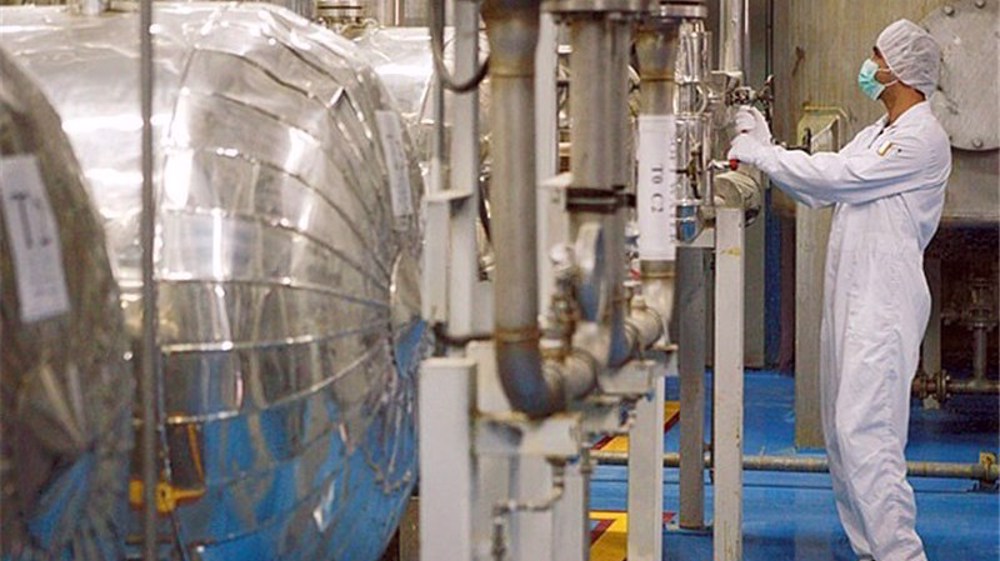
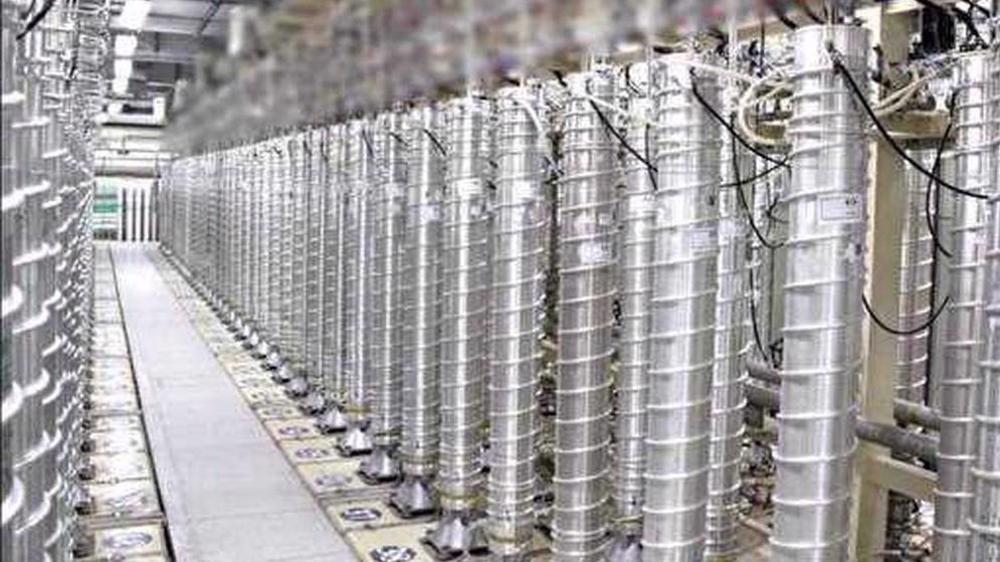
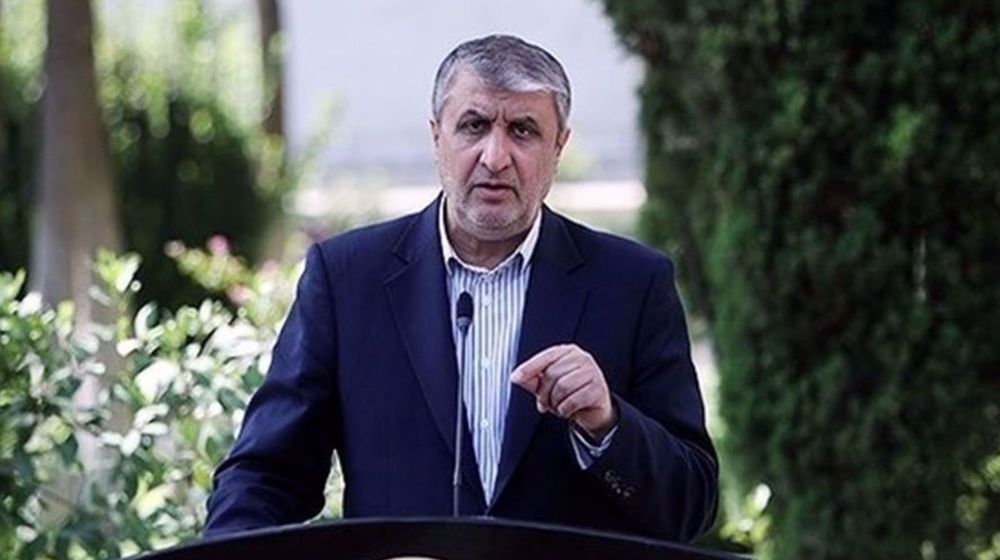
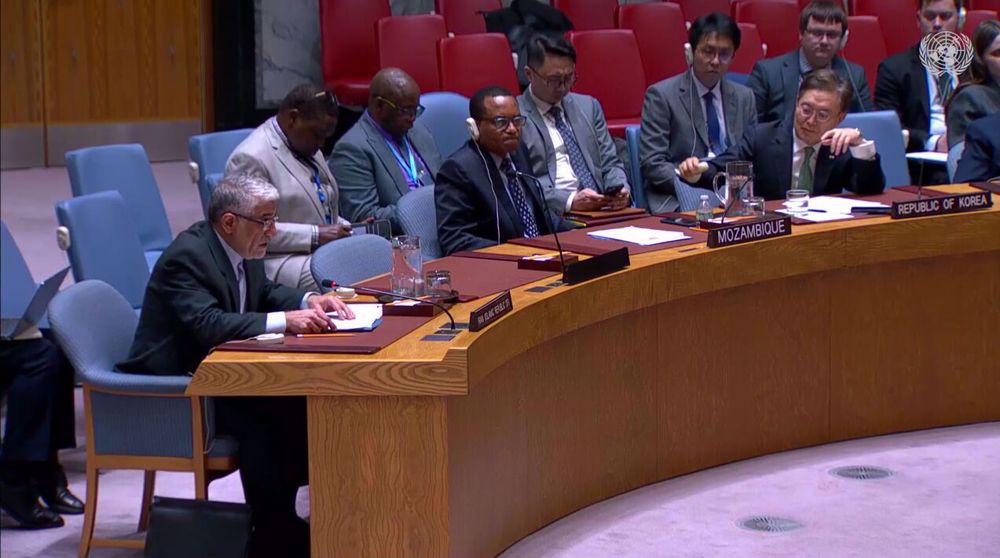
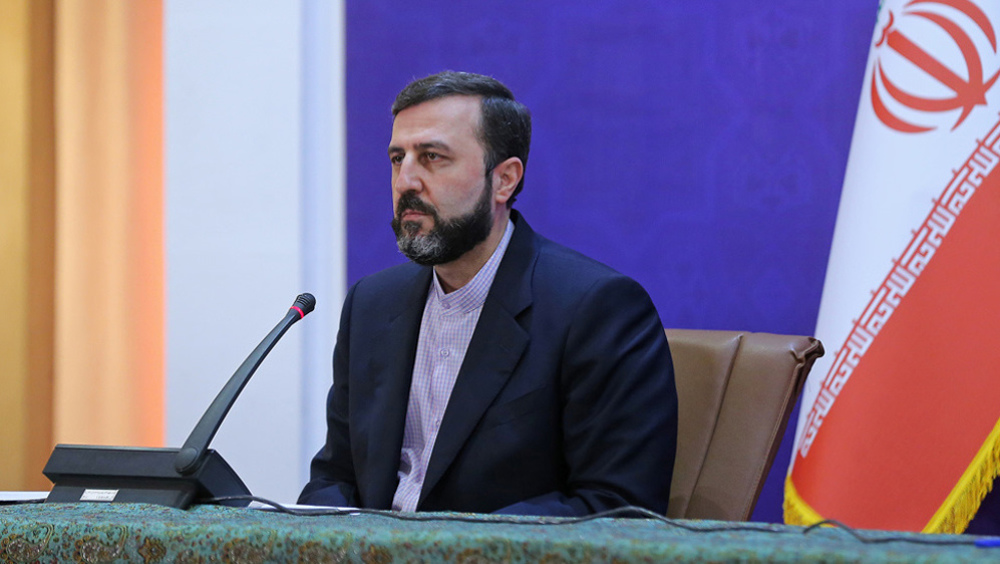



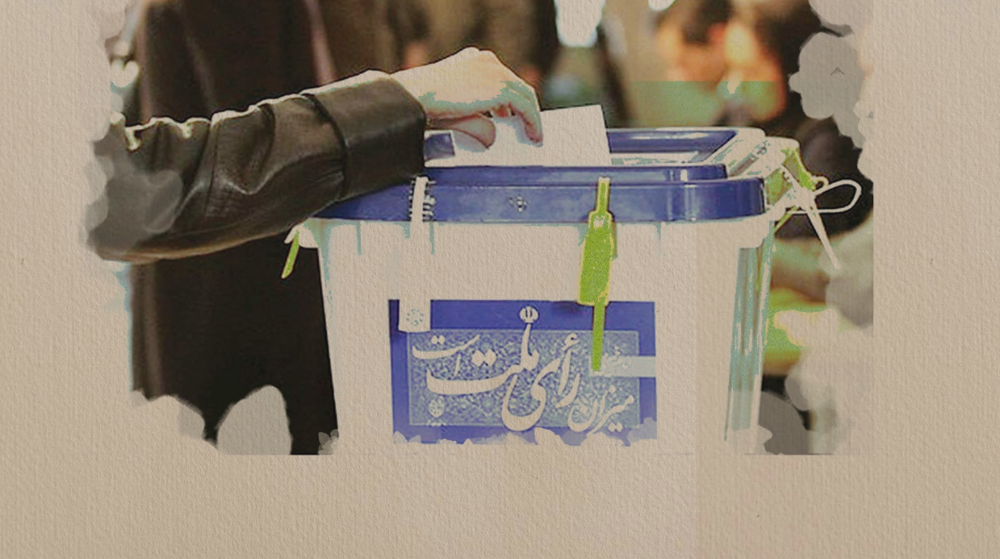
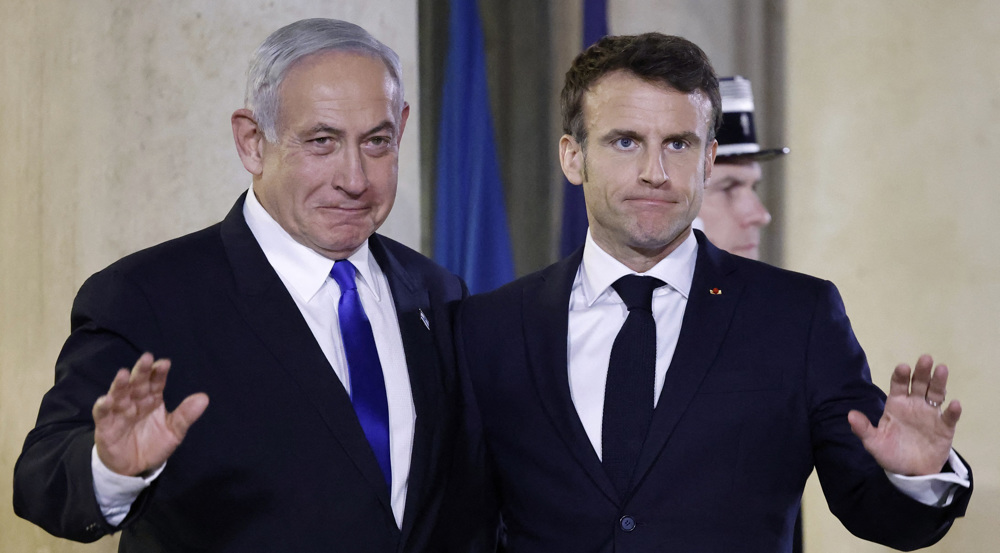
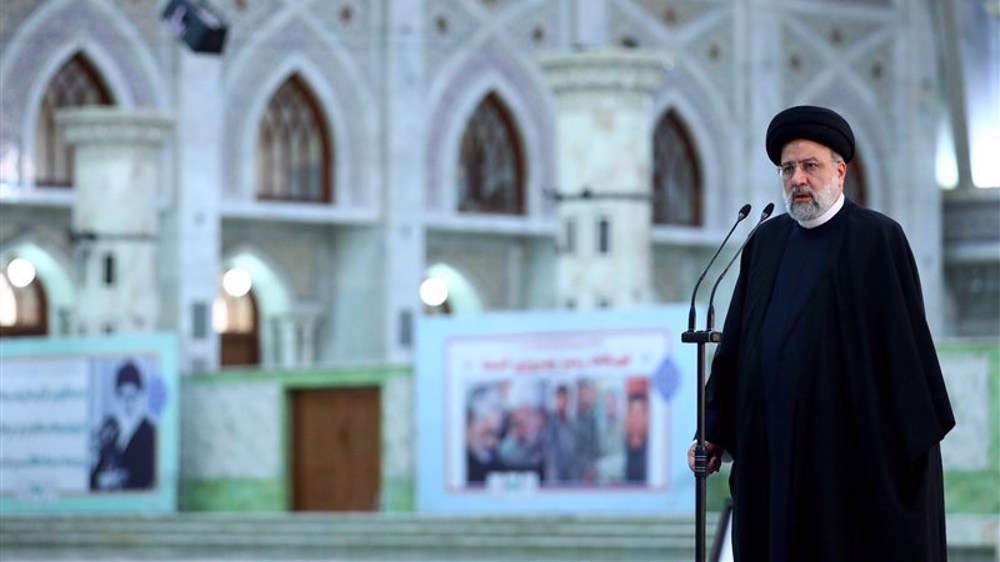

 This makes it easy to access the Press TV website
This makes it easy to access the Press TV website